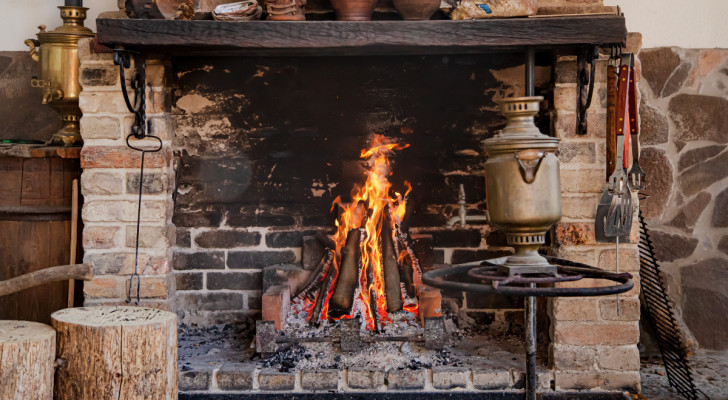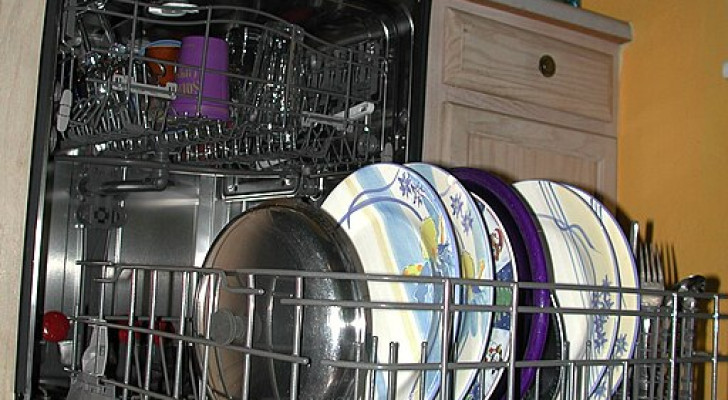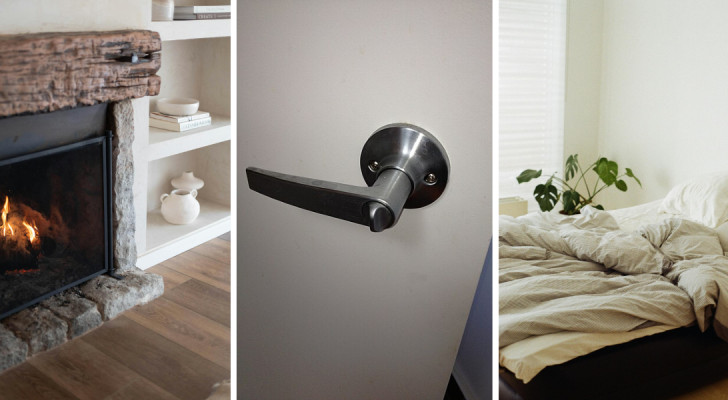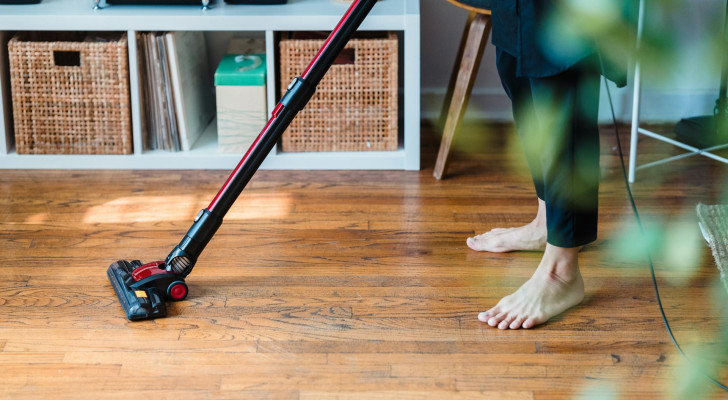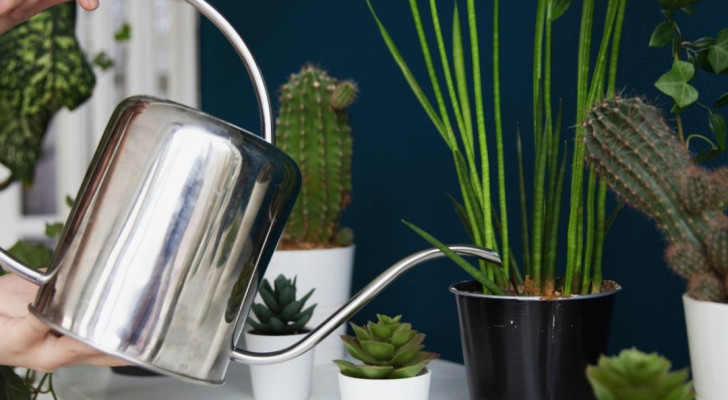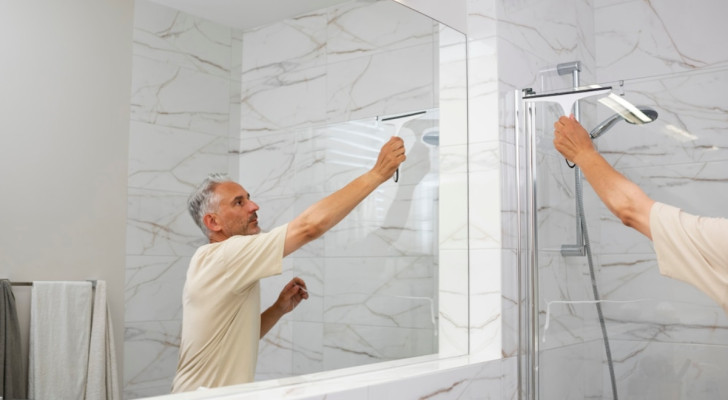When should baking soda NOT be used for cleaning chores?
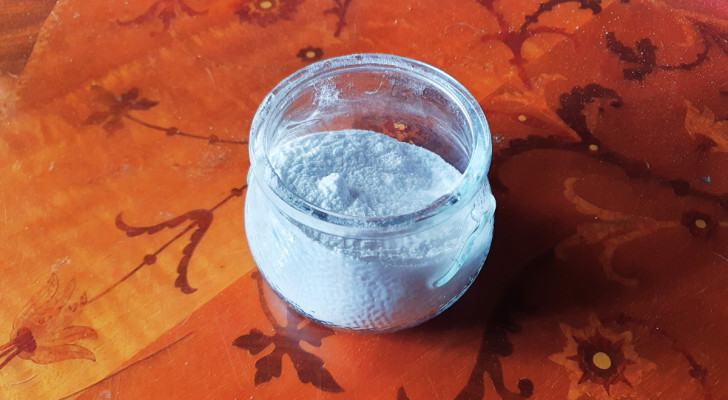
Creativo
Baking soda (aka, bicarbonate of soda, sodium bicarbonate, bicarb) is used for many household cleaning chores. That said, there are some surfaces/materials which can be damaged by baking soda and here's a list of items you should NOT clean using this product.
1. Aluminum
Using baking soda on aluminum will cause the metal to oxidize: over time, therefore, the aluminum will turn black (or darken), especially if the baking soda is left in contact with it for extended periods.
It is better to use dishwashing liquid or diluted vinegar to clean aluminum items (like pots, pans, cooking utensils, etc).
2. Glass and mirrors
The risk to these delicate surfaces is due to the slightly abrasive nature of baking soda. Using baking soda on glass or mirrors could leave scratches on them, caused by the granular particles in this product.
To clean glass and mirrors, use specific, commericial products (or DIY, alcohol-based ones you can mix at home), or alcohol vinegar diluted in water.
3. Wood and wooden floors
If you need to remove stubborn dirt and grime from wooden items (including wood floors), don't use baking soda: baking soda can damage the finish or the protective seals, leaving the wood rough, dry and/or discolored.
You can use baking soda on "less refined" wooden items (like cutting boards, for example), but only infrequently and in moderation.
To clean wood, use a little water with a drop of mild soap (Marseille soap, for example), or specific wood-cleaning products.
4. Gold-plated objects
Gold-plated objects can also be damaged by the abrasive nature of baking soda, which can remove the thin plating, leave permanent stains and scratch the gold finish beyond repair.
Use delicate cleaning methods to clean gold-plated objects with products specifically formulated for this purpose.
5. Marble and quartz
Kitchens and bathrooms with fine, stone-clad surfaces in marble and quartz get dirty quite quickly and you might be tempted to clean them using baking soda. However, by doing so, you risk scratching these surfaces and the alkalinity of the soda can create rough/opaque stains on them.
It's best to use water and dishwashing liquid (or a specially formulated product) to clean marble and quartz surfaces.
6. Glass-top ovens
The delicate finishes of glass-top ovens can be scratched permanently by using baking soda to clean them.
To do this cleaning chore, use vinegar or lemon juice.
7. Delicate fabrics
You might think you can use baking soda to get rid of unpleasant odors from (or whiten) delicate fabrics like silk or cashmere. It's best not to do this, as the soda could ruin the fibers, or even alter the colors of these fabrics.
Wash delicate fabrics using products specifically formulated for this purpose.
8. Painted surfaces
Using baking soda to clean painted surfaces, risks damaging the finish (and especially if you scrub vigorously).
A little water and a mild soap (applied with a damp, soft cloth) are the preferred cleaning products to be used on painted surfaces.
9. Antique and/or oxidized silver
Take note: baking soda can be used to clean silver, but this should be done with caution: using too much baking soda or too using it too frequently to clean silver items can scratch the metal and permanently damage any intricate decorations on the surfaces.
For valuable objects, it's best to use products specifically formulated to clean them.
10. Screens and electronic devices
Never use baking soda (or cleaners containing baking soda) to clean LCD screens, TVs, smartphones, computers, tablets and similar: baking soda is far too abrasive and will permanently scratch these items.
Again, it's best to use products specifically formulated to clean screens and electronic devices.
Good luck doing your cleaning chores!
